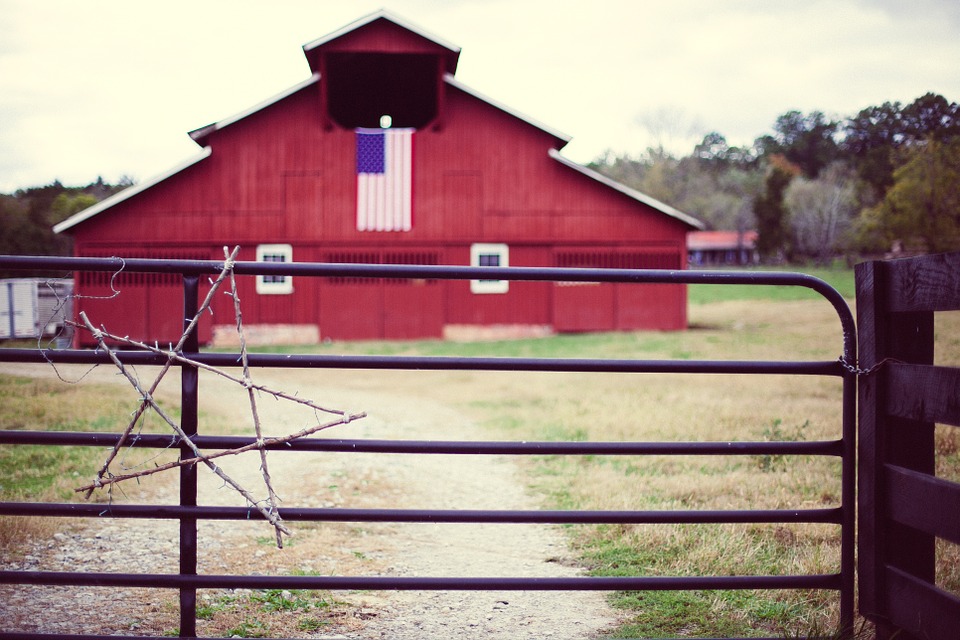The location of prisons and military bases within smaller, rural towns is often thought to bring about economic advantages to those communities, but it’s also a double-edged sword for local residents.

The problem is that prisons and military bases are also counted towards an area’s population, and this means that those communities sometimes come in over the threshold for eligibility of Rural Housing Service programs. Towns with a population of more than 35,000 don’t make the cut, which leads to a shortage of credit opportunities that are available in less populous areas.
However, Congress last week voted to amend a bill that will ensure that from now on, only a small portion of a military base or prison’s population will count against an area’s total population. What this means is that many more towns will qualify for RHS programs once the bill is passed into law by President Donald Trump.
RHS programs are designed to provide safe and affordable mortgages for rural communities, and are said to be a lifeline for many rural residents. Financing through such programs is underwritten using criteria that recognizes the unique characteristics of rural property, such as the presence of outhouses or the absence of public services.
The farm bill comes as lawmakers have decided against changing the 35,000 resident threshold limit until 2030 at the earliest. Previously, this figure was expected to drop in 2020, but the National Association of Realtors and other groups pushed for the change to be delayed, as it would have meant many communities losing their rural eligibility.